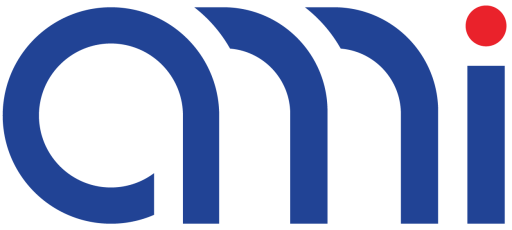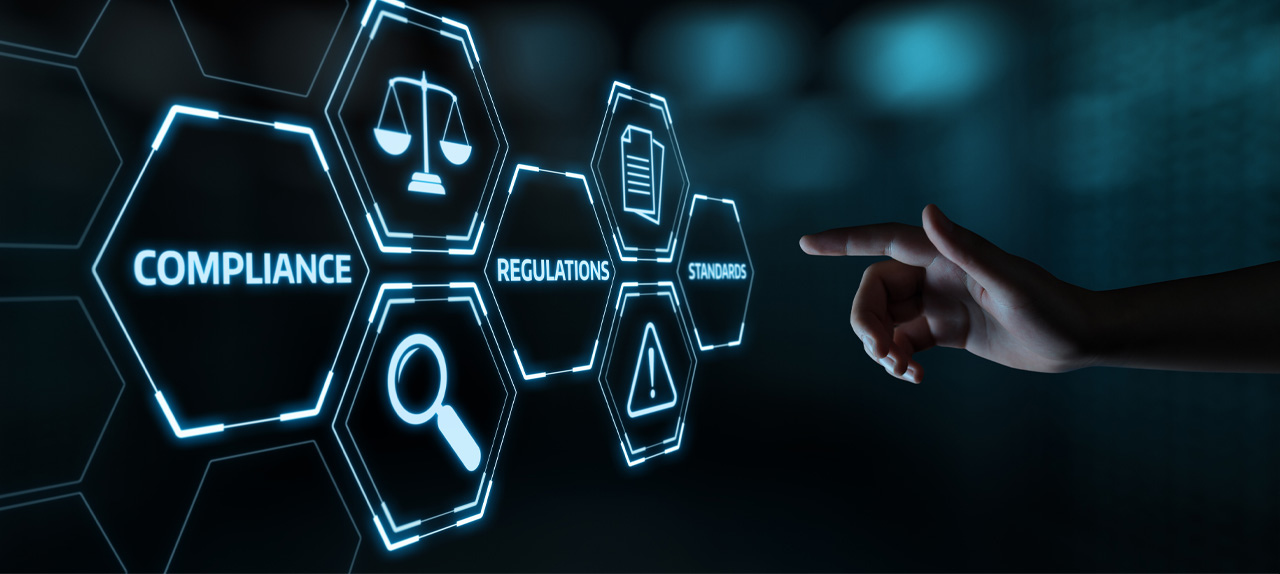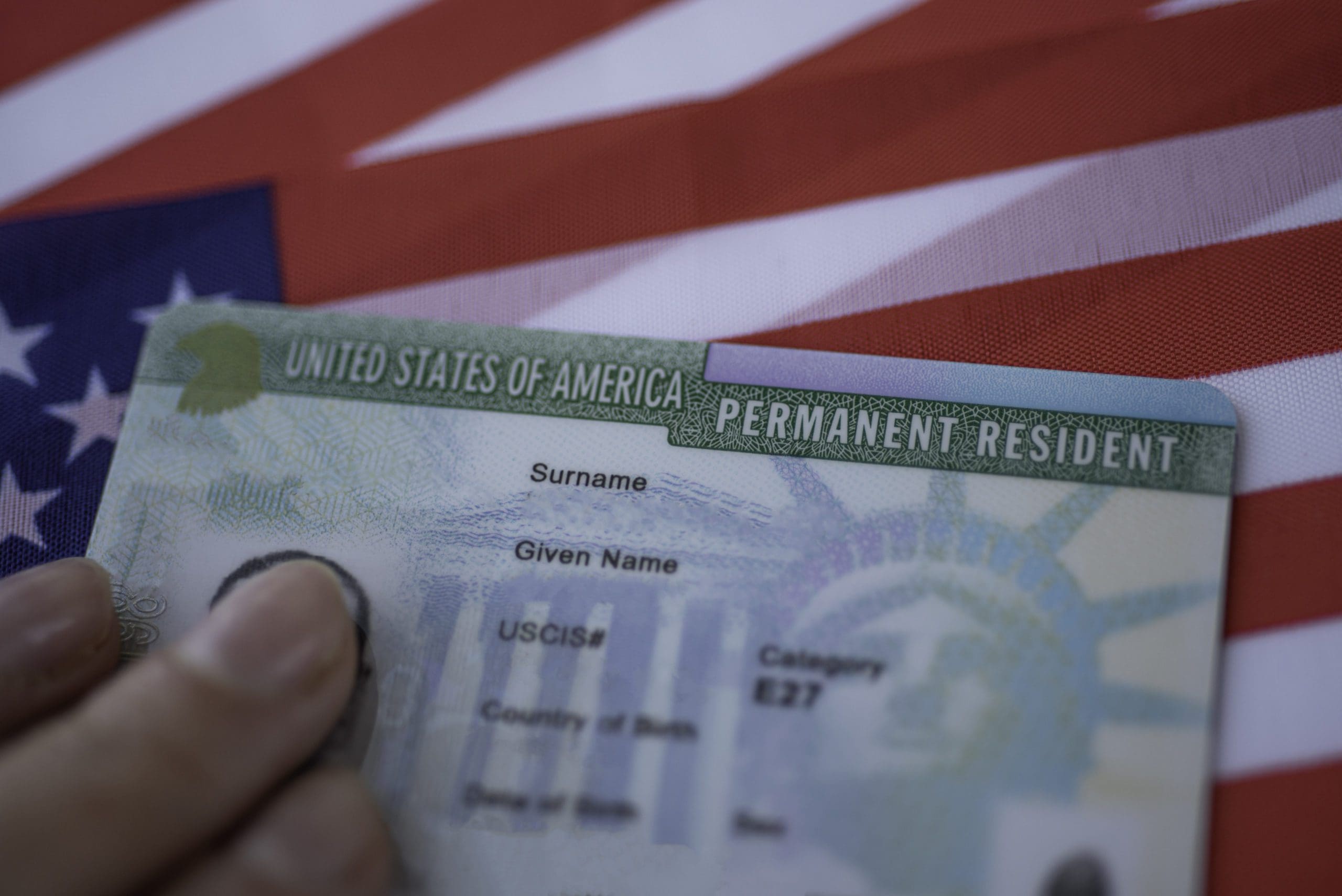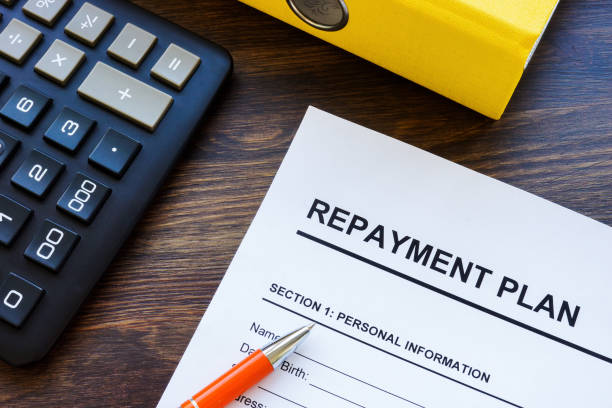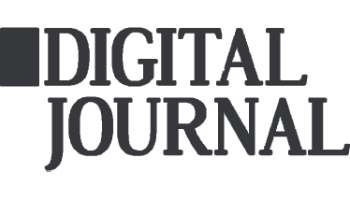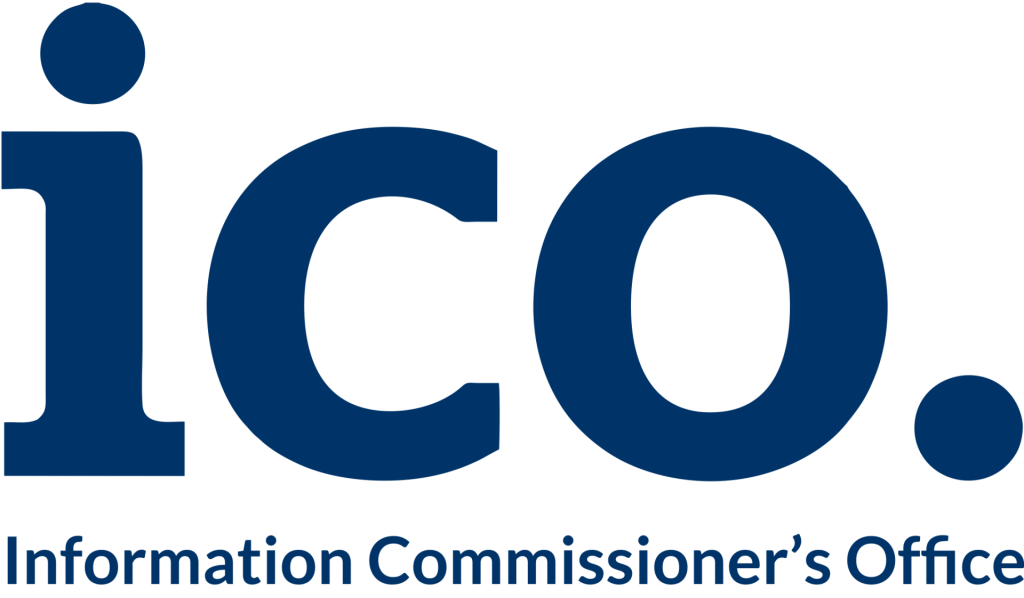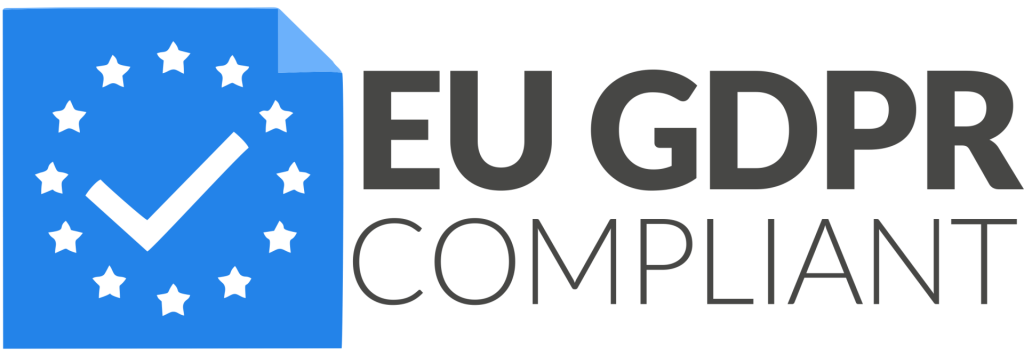Blockchain is revolutionizing data verification, and background screening is no exception. By 2026, blockchain-based verification systems are expected to become mainstream, especially in verifying educational and professional credentials. The technology ensures that once a record is added, it cannot be altered or falsified, creating unparalleled trust. Universities, employers, and governments are increasingly integrating blockchain solutions. For example, graduates can now have their diplomas stored on a blockchain ledger, accessible worldwide with a single click. This eliminates delays and reduces the risk of fraudulent submissions. Employers benefit by reducing verification costs and time. Criminal and court records are also expected to leverage blockchain. Secure, tamper-proof entries will ensure records are trustworthy across borders. This is particularly important as cross-border employment expands and legal jurisdictions overlap. Transparency and authenticity will become non-negotiable. Critics note that blockchain adoption is still uneven, with developing nations lagging behind. However, as global recruitment grows, pressure will mount for universal standards. Organizations adopting blockchain-based verification early will stand out as leaders in compliance and innovation.
The Growing Demand for Blockchain-Based Background Checks

